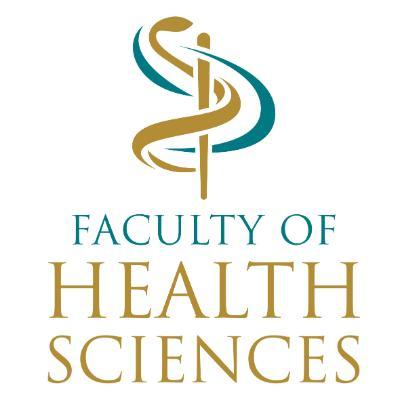Wits Pathology Donald Gordon Medical Centre
General Manager: Patricia Wyllie
The Wits Pathology laboratory at the Donald Gordon Medical Centre (DGMC) was started by Professor Wendy Stevens in 2004 under the CLS banner and has been running as a 24-hour “hot lab” since 8th January 2004. Pat Wyllie is the overall Wits Pathology General manager and heads up the overall team, which consists of 4 lab co-ordinators providing a 24-hour service. Two clinical pathology technologists provide a night duty, while day 4 technologists and a technical manager cover day duty. There is 1 person in client services on day duty. The nursing staff interact directly with the patients, clinicians and follow up on results, deliver results and handover to the wards. There are 8 nursing staff on night duty, 2 per shift in each depot working 1 week on and 1 week on. Day duty is covered by 9 nursing staff.
Over the last 10 years, DGMC has become a centre of excellence in Southern Africa for transplantation, specializing in liver, kidney and pancreatic transplants. In conjunction with the Immunohaematology laboratory in the Department of Molecular Medicine and Haematology, new pre-transplantation diagnostics have been effected. The implementation of the flow cytometric crossmatch has been of pivotal importance in the prevention of acute rejection. In early 2011, the Immunohaematology unit implemented the virtual crossmatch, which involves detecting the recipients’ HLA antibodies using Luminex methodology.
At Wits Pathology, strong relationships are built with patients, clinicians, nursing staff and transplant co-ordinators. The first pancreas-after-kidney transplant was performed in 2012 and more have been done subsequently. In March 2013 the first related liver transplant from mother to child was performed.
The laboratory also serves as a training centre for senior haematology registrars giving them exposure to the demands and pressures in private pathology. This includes the expectation of rapid turnaround times and addressing the clinicians’ queries and needs professionally and efficiently. They learn how to build close relationships with the clinicians and provide clinical pathology support as an added service.

